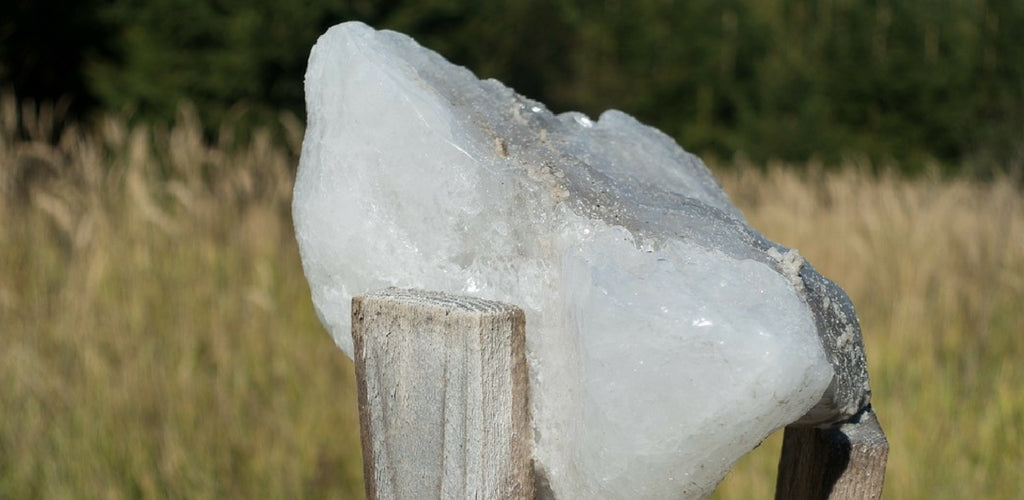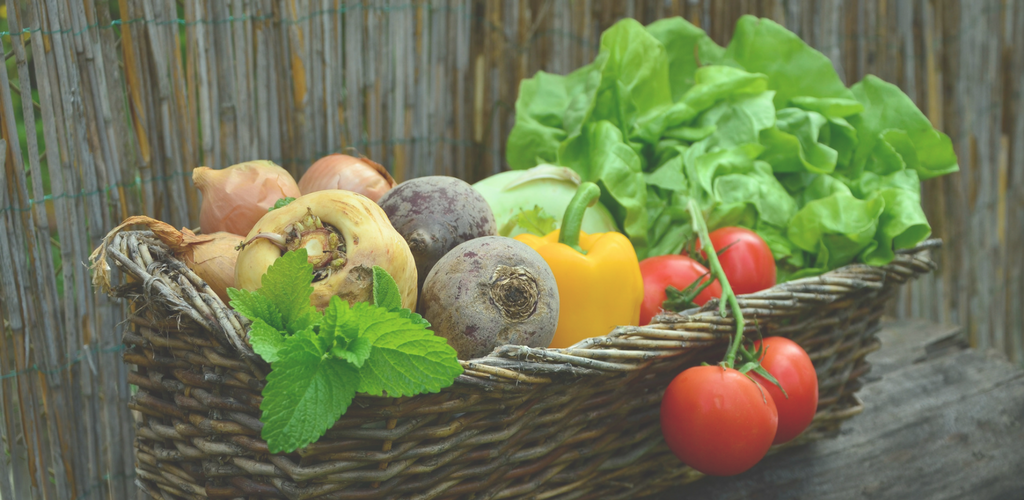News
To Salt Or Not To Salt?
2 Comments

I recently listened to an eye opening podcast discussion with Elle Russ (host of the Primal Blueprint Podcast and author of The Paleo Thyroid Solution) and James DiNicolantonio, cardiovascular research scientist from PharmD about his new book, The Salt Fix. See http://rssr.link/8aEf to listen to the discussion. There were several insights in the podcast that really caught my attention, and I would mention some of these below.
The first is how much salt we actually lose when we exercise. Thus it is important to replenish our salt levels after exercise. The amount of magnesium that we lose when we sweat also goes up when we are on lower salt diets. Magnesium is a controller of the sodium-potassium pump in the body. Do you spend much time in a sauna like I do? Then you are losing tons of essential minerals in your body through that high temperature and sweating activity!
According to Dr. DiNicolantonio when he was a pharmacist, he saw several patients who were experiencing symptoms dizziness and fatigue coupled with salt cravings, but were told by their doctors to cut their salt levels in their diet. Some patients with elevated blood urea nitrogen (BUN) levels due to salt deficiency were told by their doctors to drink more water.
Dr. DiNicolantonio advised one woman to have her salt levels checked, then her doctor told her to add salt back into her diet, and all her symptoms went away. This is what caused Dr. DiNicolantonio to investigate this more thoroughly.
What is the difference between standard table salt and more natural sea salts? Perhaps iodized crappy table salt is what causes the problems and leads to the anti-salt craze. Mortens salt has dextrose (sugar) added to it. Why they are doing that is a mystery to me. There is also a high heat chemical bleaching process to bleach it white (for aesthetics?), and that process removes all of the beneficial trace minerals to leave only NaCl. There is also an anti-caking agent added to it, so it “flows smoothly”.
Are healthy salts really that healthy? Celtic salts tend to have high magnesium, and the majority of people in the US are not hitting their RDA of magnesium so this can be a good thing. Other salts like Himalayan salt have much lower magnesium, but are higher in iron and also high in iodide, but are also batch-dependent varying between 100 and 1000 mcg of Iodine per 10g of salt. Many countries are Iodine deficient as well as insufficient leading to increased frequency of hypothyroidism. The thyroid hormones allow the kidneys to reabsorb salt.
We are biologically very salty people - we contain 3200 mg of sodium per liter of blood, and our kidneys are filtering 3.5 lbs of salt every day, so replenishing it is important in our biology. Our bodies deplete salt with consumption of caffeine, we lose it through sweat, as well as some medications.
How do we know when we are getting too much salt in our diets? Our taste receptors will flip and cause an aversion to salt when we have too much - so we have a natural ability to stop eating salt when it’s too much. Note that the kidneys can handle much more than the normal amount of salt intake and just pass it through. Also, we are not consuming as much salt as our ancient ancestors did relatively speaking.
One key learning from the book is that becoming deficient in salt can actually lead to sugar and drug addiction - this is what happens in animals that were studied. The research shows that salt deficiency cause a craving in the animal, and the reward system is triggered to go find some salt. Now that the reward system is activated, it can be hijacked by sugar or drugs instead! There is essentially a cross over effect that can lead to other types of addiction.
Leading academics have show that there is also a correlation between lower salt levels and hypertension. When we lower our salt intake, we become more insulin resistant due to elevation of our insulin levels. Note that the kidneys maintain our insulin resistance. With more insulin in the blood, that triggers the sympathetic nervous system, increased heart rates, leading to hypertension.
The book addresses the blood pressure myth related to higher salt intake head-on. The reduction in blood pressure when cutting salt intake is actually related to a cut in blood volume, which is not actually a good thing.
Eating salt can enhance physical performance. Men have an increased risk of ED when they greatly reduce their salt intake. Salt increases blood circulation (you can imagine where this may come in handy). In the animal kingdom, the birth size of litters and quality of litters is improved when they have adequate salt in their diet. Studies have shown that pregnant women have positive markers from high quality salt - listen to the podcast or get the book for more details.
When you go on a Ketogenic diet, it is important to incorporate more salt into your diet. Becoming keto by significantly cutting carbohydrate intake in the diet causes insulin levels to go down, which in turn is helping your kidneys reabsorb salt leading to salt levels getting depleted. Ketones are negatively charged, so in the early part of a Ketogenic diet they will pull in positively charged sodium ions. Most people need an extra 2g of sodium (1 tsp) for the first week of this diet, then you can cut back to 1/2 tsp later on.
What other evidence do we have the higher salt may be beneficial? Some of the longest living populations (Japan, S. Korea) and the Mediterranean diet all have higher levels of salt. Athletic teams used to take salt tablets to improve their performance - that was news to me. Electrolytes anyone? It now seems prudent to get some extra salt before excising in the summer heat to reduce the likelihood of heat exhaustion/heat stroke.
So where does this leave us? I for one have been including salt in my diet purposefully. I add Himalayan rock salt as a ground salt into my coffee (just a pinch per cup) every morning, and into my salad for lunch or dinner when I have one along with some crackled pepper and olive oil with balsamic. I do not add salt to many other foods, but I do not shy away from salty foods when I trust the source of the salt. I also buy salted organic butter and cook with it for a number of dishes. I may try to incorporate more Celtic salt or Ancient Lakes magnesium infused salt into my diet as well to see if I feel any difference and to mix it up.
What is your take on the salt controversy? Do you know anyone who was place don a low salt diet and experience health problems as a result? I may be getting a copy of Dr. DiNicolantonio’s book to read more about his research and continue to optimize my diet with this information, and I recommend you do the same if you want to get more details. The book is available at thesaltfix.com and can be ordered on Amazon, B&N, and Target, and Dr. DiNicolantonio is also active on social media so feel free to look him up. I also plan to carry high quality salt products in the future.







Comments
VQatsjOHkyIcFZT
CpSQAhXFnyIB
imntOqTPRjFJAKM
yQcKLWDTHsna